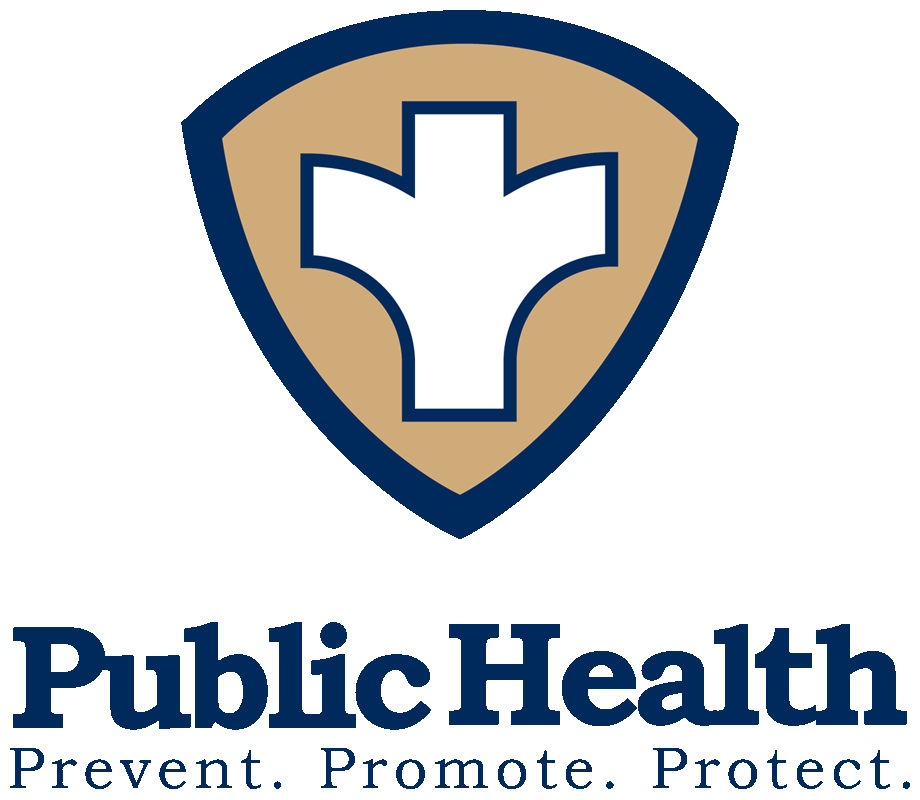Tips for Avoiding Wildfire Smoke Inhalation
With air quality in the unhealthy range, we’d like to remind everyone of steps to take to protect yourself from wildfire smoke. These unhealthy levels, coming from Canadian and regional wildfires, are expected to linger into Tuesday.
Poor air quality conditions are a health threat and all residents should limit their exposure to smoke. Those with respiratory or heart disease, the elderly, and children, are advised to stay indoors when the air quality is poor.
Smoke from wildfires is a mixture of gases and fine particles from burning trees and other plant materials. Smoke can hurt your eyes, irritate your respiratory system, and worsen chronic heart and lung diseases.
Air quality can change quickly. Please visit the Oregon Smoke Blog and the DEQ Air Quality Index links below for updates to air quality conditions.
DEQ air quality monitoring data is updated hourly and is color-coded for easy to read information. Unfortunately, the only permanent DEQ monitors for our region are in The Dalles and Hood River, with Hermiston and Madras being the next closest monitors.
A link is also provided below with information on the 5-3-1 Visibility Index, if there’s not a DEQ monitor near you.
Please take the following precautions to avoid breathing problems or other symptoms from smoke:
1. Be aware of smoke concentrations in your area. See the links below for DEQ’s Air Quality Index and Oregon Smoke blog or use the Visibility Index.
2. Avoid working or exercising outdoors when air quality is poor. Limit outdoor sports, work and recreation.
3. Drink lots of water - staying hydrated can keep your airways moist which will help reduce symptoms of respiratory irritation such as scratchy throat, runny nose and coughing.
4. Try to avoid driving in smoky areas. If you do need to drive in these areas, keep your windows rolled up and vents closed. If you need air conditioning, make sure you set your system on “re-circulate” to avoid bringing smoke into your car.
5. Avoid smoke by staying indoors, closing all windows and doors and use a filter in your heating/cooling system that removes very fine particulate matter. Portable air cleaners with HEPA filters can also help keep indoor air cleaner in smaller spaces.
6. People with concerns about health issues, including those suffering from asthma or other respiratory problems, should follow their breathing management plans; keep medications on hand, and contact healthcare providers if necessary.
7. If you must go outdoors, Oregon Health Authority advises that NIOSH-approved particulate respirators may offer some protection. Paper "comfort" or "dust" masks commonly found at hardware stores are designed to trap large particles, such as sawdust. These masks will not protect your lungs from smoke. There are specialized masks that can help prevent smoke exposure called particulate respirators. If you choose to wear a respirator, select a particulate respirator marked with the word "NIOSH". If it has an "N", "R" or "P" along with the number 95, 99 or 100 printed on it, it is appropriate to use. Users should select a respirator that fits well to ensure a protective seal around the face. For the most protection, learn how to put one on, properly position it on your face and how to remove it. It is important to know that these are not currently made in children's sizes. People with pre-existing health conditions should speak with their health care provider prior to using a respirator. The wearer may find breathing more difficult, particularly for those with heart and lung conditions. Oregon OSHA offers how-to videos in Spanish and English.
In the event of an unhealthy air quality advisory, residents in need should reach out to Mid-Columbia Community Action Council at (541) 298-5131 during business hours so staff can evaluate each situation and appropriately assist the individual.
Also consider public spaces, during their regular hours, that may have cleaner air, such as the movie theater, stores, the library or Mid-Columbia Senior Center.
Please see the FAQ linked below about Wildfire Smoke & Your Health and check out the other helpful links listed for additional information:
Wildfire Smoke FAQ for frequently asked questions about wildfire smoke and public health.
Oregon Smoke Blog for the latest on fires and air quality across the state.
DEQ’s Air Quality Index for current air quality conditions.
DEQ’s 5-3-1 Visibility Index for estimating smoke levels via visual observation.
CDC Wildfire Smoke.
OHA Wildfires & Smoke.
Oregon OSHA Respirator use in the workplace.
(For more information, please contact North Central Public Health District at 541-506-2600 or visit us on the web at www.ncphd.org or our Facebook Page at https://www.facebook.com/NorthCentralPublicHealth/.)
